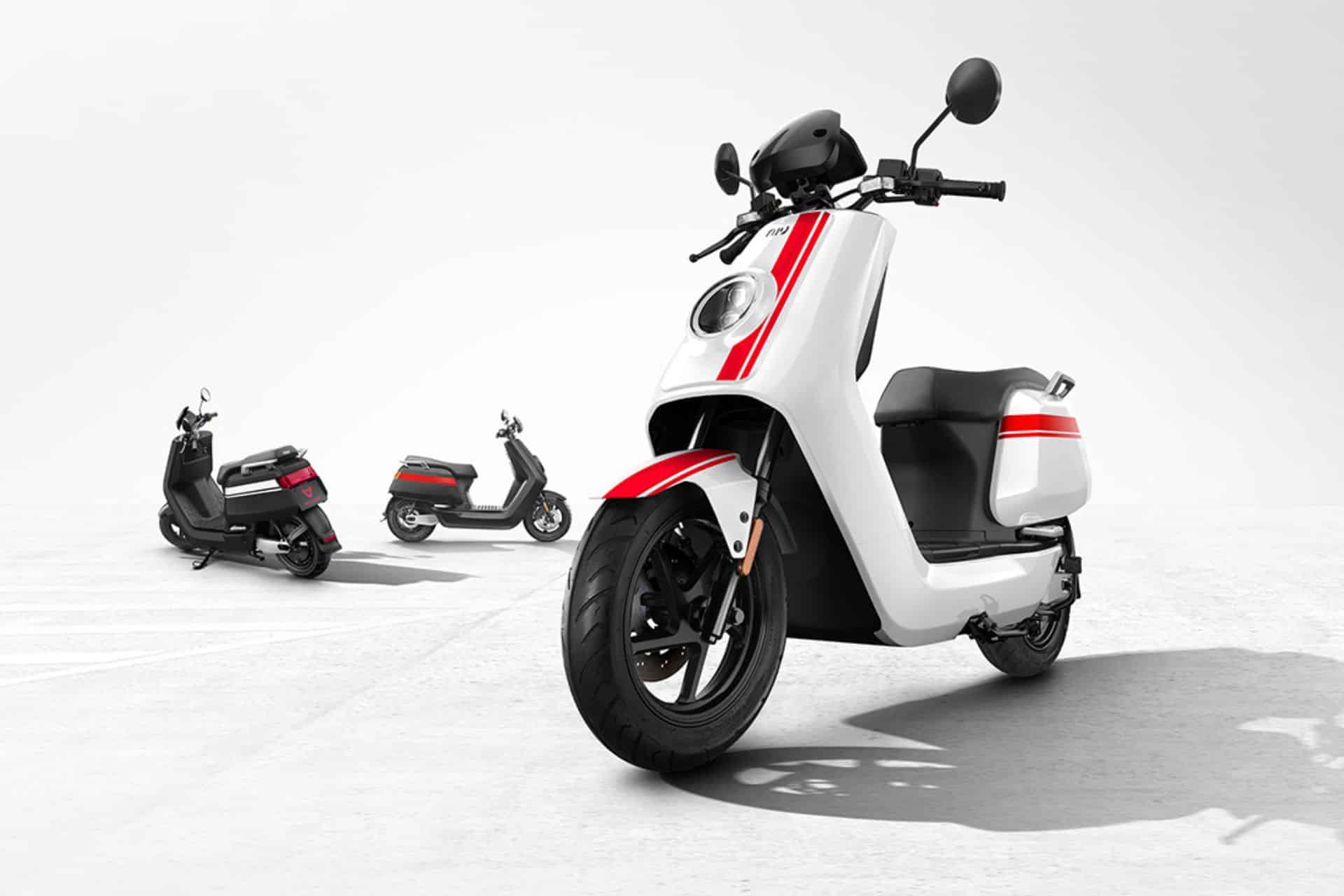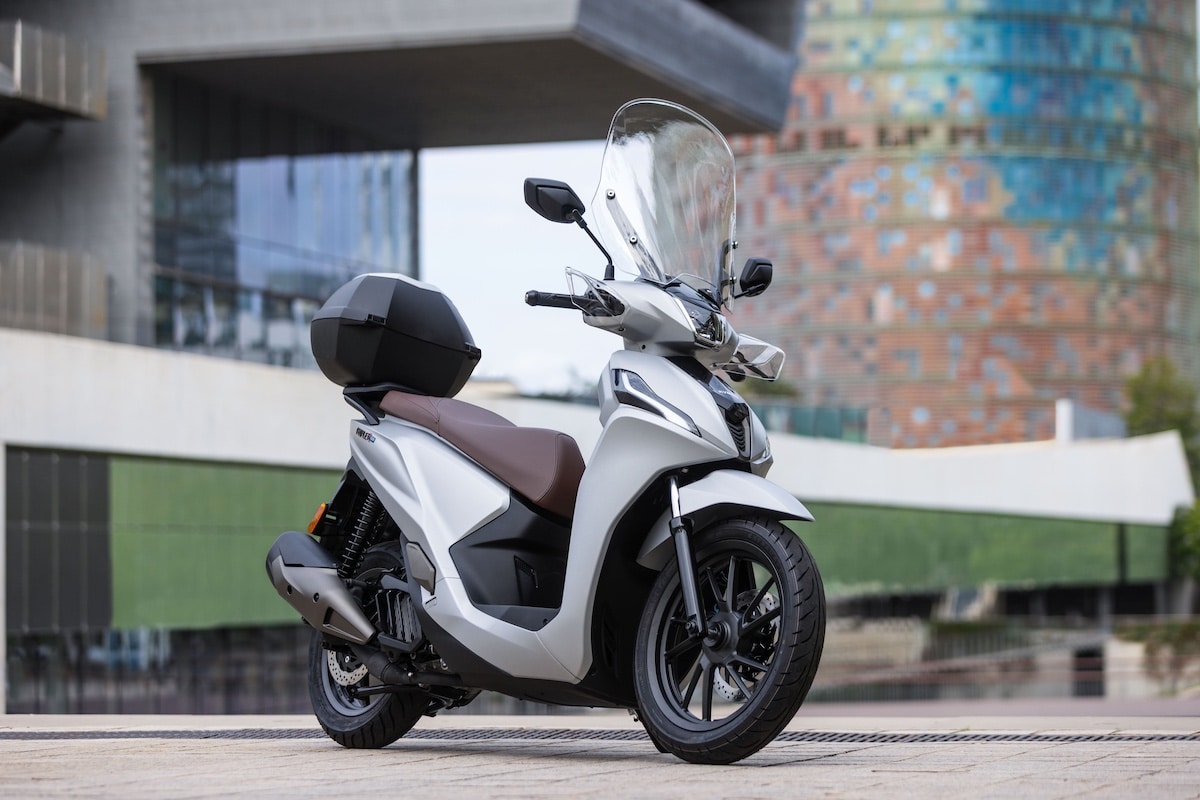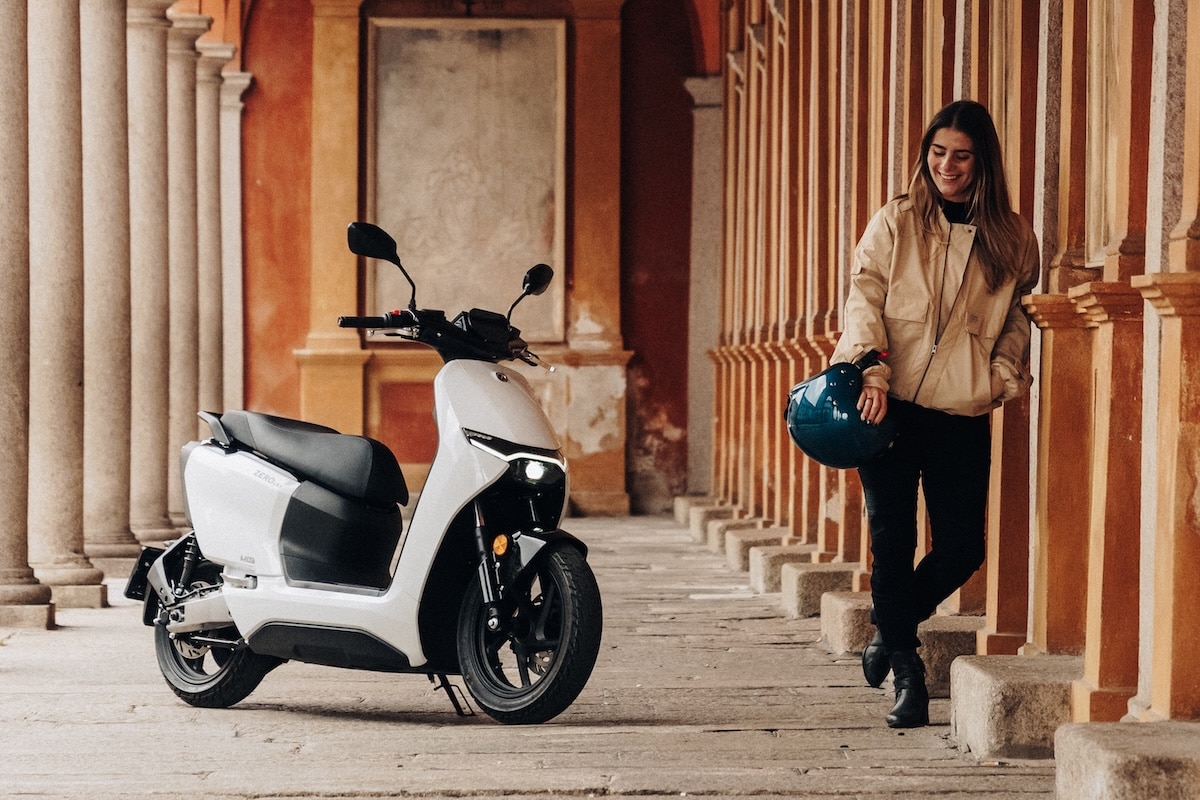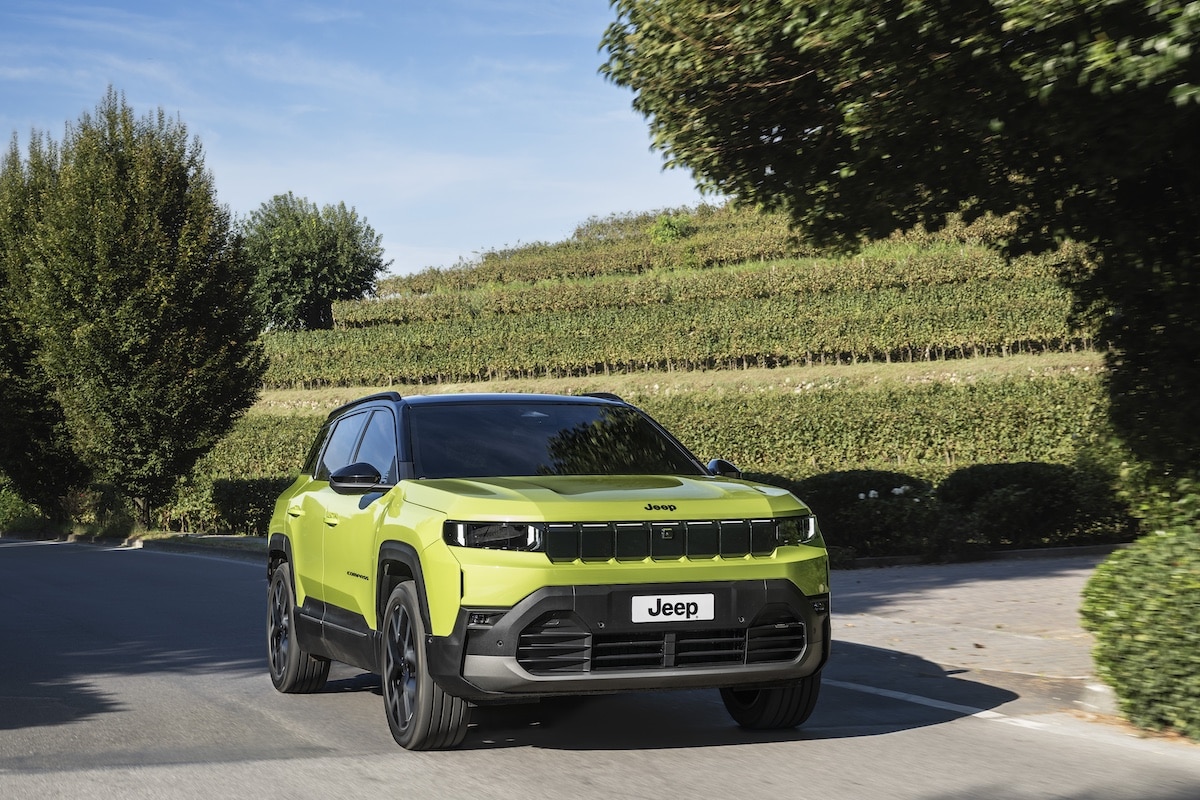Bonus 2024: Moving Towards Excluding Chinese Scooters and Bicycles?

After automobiles, France’s ecological logic assumes the end of bonuses for scooters and electric bikes with distant origins.
Coherence is not the first quality that comes to mind when talking about political decisions. Good decisions are made, but not always fully embraced. This leaves room for questions, misunderstandings, or even discontent.
In the field of individual mobility, the new eligibility rules for the electric car bonus received a lot of attention in 2023. Excluding all vehicles originating from distant sources in terms of production (mainly China, including the Tesla Model 3) is seen as a welcome form of protectionism.
But does what applies to automobiles also apply to other battery-powered modes of transportation like two-wheelers? Bikes, scooters, and motorcycles are subsidized by several thousand euros, and most sold in France come from Asia.
The question does not arise for electric scooters, which have unreliable reliability and therefore a disastrous ecological footprint.
What about electric motorized two-wheelers?
The eco bonus for electric scooters and motorcycles is available to all individuals regardless of taxable income. Its maximum amount is up to 900 euros for a vehicle with a power equal to or greater than 3 kW. For residents of overseas territories, this amount is increased by 1000 euros, totaling up to 1900 euros.
In France, the leading electric scooter is the BMW CE04 despite its high price. The more affordable Chinese competition is more attractive to young city-dwellers entering working life.
What about electric assist bikes (VAE)?
Here we touch on a delicate subject. Decathlon, the leading bike seller in France and the top manufacturer worldwide, largely manufactures its bikes in China. Removing their right to sell bonus-eligible electric assist bikes would be a disaster for their business—and thus for the country’s ecological transition.
Nevertheless, bicycle sales are slowing down in France but also worldwide. The COVID pandemic effect is fading, and the wave of population outfitting has passed. Now, the focus will be on renewal.
Since 2023, access to this bonus is no longer automatic, making it much less attractive. It is now conditional on a fiscal income per share below 14,089 euros. The government considers that beyond this limit, individuals can afford to spend 1000 euros on a good-quality electric assist bike. Conversely, there is no income limit for a car costing 47,000 euros. This circles back to the logical question from the beginning of this article…
What is the amount of the bike bonus?
As indicated in the Article D251-1-4 of the Energy Code, the amount of aid is 40% of the purchase cost within the limit of:
- 150 € if a bicycle without pedal assistance is purchased by an individual with a fiscal reference income per share less than or equal to 6,358 € or by a person with a disability.
- 300 € if a bicycle with pedal assistance is purchased by an individual with a fiscal reference income per share less than or equal to 14,089 €.
- 400 € if a bicycle with pedal assistance is purchased by an individual with a fiscal reference income per share less than or equal to 6,358 € or by a person with a disability.
- 2,000 € for adapted cycles designed to transport people or goods at the front or rear of the rider or to meet the needs of people with disabilities, for folding cycles (with or without pedal assistance) and for electric trailers for cycles, if the vehicle is purchased by an individual with a fiscal reference income per share less than or equal to 6,358 € or by a person with a disability.
- 1,000 € for adapted cycles designed to transport people or goods at the front or rear of the rider or to meet the needs of people with disabilities, for folding cycles (with or without pedal assistance) and for electric trailers for cycles, if the vehicle is purchased by an individual with a fiscal reference income per share less than or equal to 14,089 € or by a legal entity.
All of this is quite complex and sometimes a bit hypocritical. Households with very limited incomes rarely purchase new objects, whether bikes, TVs, or others. These measures tend to give the impression that they are slowly fading away.
Therefore, is the exclusion of bicycles and electric motorized two-wheelers on the government’s agenda? Logic and common sense are, unfortunately, not always synonymous.
ALSO READ: Bonus 2024: our 5 bonus-eligible alternatives to the Tesla Model 3
This page is translated from the original post "Bonus 2024 : vers une exclusion des scooters et vélos chinois ?" in French.
We also suggestthese articles:
Also read







